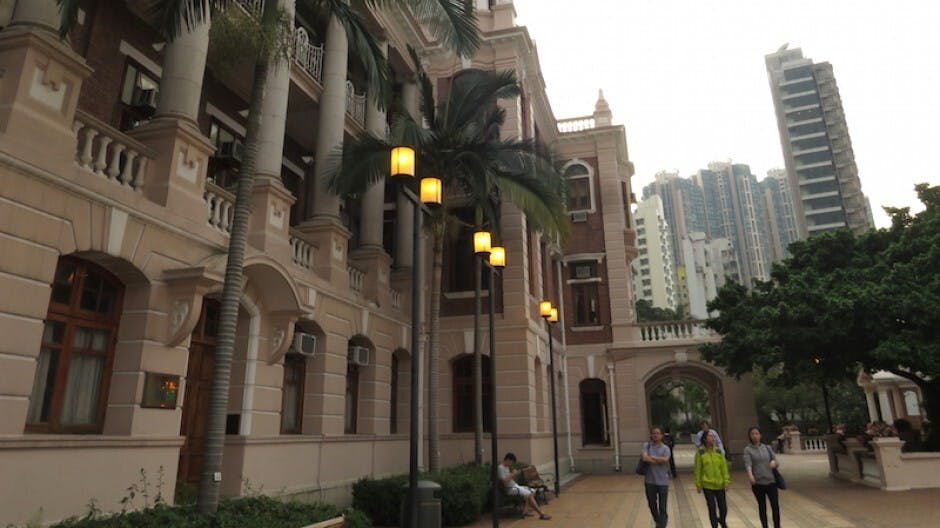在未正式進入討論教育機構如何處理未來學生運動的角色與對學校的啟示這個議題前,我們首先會檢視一些問題以幫助思考。例如:
- 過去的學生運動給了我們什麼啟示?
- 教育機構成立的目的何在?
- 它可以發揮什麼角色與功能?
- 教育終極為的是什麼?
- 就現今學生運動的啟示,教育機構應關注什麼?策略如何?
剛過去的學生運動對教育現場的啟示
學生比一般人都會更激情,他們有一股想做就做的衝勁,他們滿有理想、較喜歡由自己作主、自我!他們相信自己,喜歡與同儕一起,出席群體活動,一齊讀書、一齊玩樂,因為有同伴便感到安全,所以當在情緒高漲的時候,他們會忘我,會不顧後果;甚至當被刺激或有領導牽頭進行某些激烈行為時,他們只會想到履行集體責任的承諾,於是與朋輩共同進退,甚至會一起衝擊,盲目地遵守一些群體裡的潛規則,所以才會出現如剛過去的70多天佔領行動、集體示威甚至暴力衝擊的場面出現。然而,運動背後,學生今天的需要是什麼?他們的價值取向如何?他們需要什麼方式的指導?教育機構應如何看待他們今天的行為?如何評估和釐定一個適合他們未來的教育體系和方案?
教育機構成立的目的與功能
什麼是學校?學校設立的目的為何?根據維基百科的解釋,「學校是一個按照一定的程序、有一定的場所和時程,專門用來教育特定對像人民,傳授知識和價值體系的地方。從學習者的觀點,學校也是專門用來學習的地方」。英文的版本是: “A school is an institution designed for the teaching of students (or “pupils”) under the direction of teachers.” (http://en.wikipedia.org/wiki/School)
不過,在眾多定義中,筆者認為MacGilchrist, Myers & Reed (2004:162) 對學校定義的解讀比較全面,乃是從一個教育專業角度作出解釋。他們定義學校為:“We see schools as an individual unit becoming the local neighbourhood link into the world of learning… our learning-led system is underpinned by the vision intelligences – ethical and spiritual – that incorporate a sense of justice, respect for young people and a desire to ensure that all young people are served by the system.” (深色部分是筆者加上去的,目的是想特別顯示教育機構之獨特角色與功能)。其意是指學校乃是一個獨特的教育組織單位,是聚焦道德與靈情培育的學習場所;它將本土地區鄰里與世界最新知識連繫,着重的是以學習為主導的體系;它為的是要服務所有在該地區學習的青少年人,並為他們播種公平、尊重的種子等。
教育的終極目的
此外,筆者亦十分喜歡McGettrick (2005: 34)對教育目的的闡釋,他認為;
Education is concerned with the formation of each person. It forms people:
- Of love, care and compassion;
- Who appreciate and will create beauty; and
- Who have the urge and the abilities to serve others.
We value people for who they are and not for what they can do. One of the key objectives of education must be to form and support people of hope and of dignity. It is through hope that we can have the confidence to transform society.
在他的觀點,教育是成就每一個人的必經過程,它與「建構」(formation)有關。它使人充滿着愛心、關懷與熱誠,懂得欣賞和願意創造美麗,和擁有一個激情,一種服務他人的原動力與能力。而且,教育着重每一個人的獨特性,其目標是造就人,使他們對人生充滿盼望與擁有尊嚴,教育為的是可轉化社會,改變未來!亦因 McGettrick 的說法,所以筆者在撰寫自己學校的願景時,便特別設下:「教育可改變社會未來,人才能創設國家命運!」的遠象宣言。
參考資料:
MacGilchrist,B., Myers, K. & Reed J. (2004). The intelligent school (2nd Ed.). London: Sage.
McGettrick, B. (2005). What is education for? In T. Alexander & J. Potter (2005).
Education for a Change: Transforming the way we teach our children. London: Routledge Falmer.






































